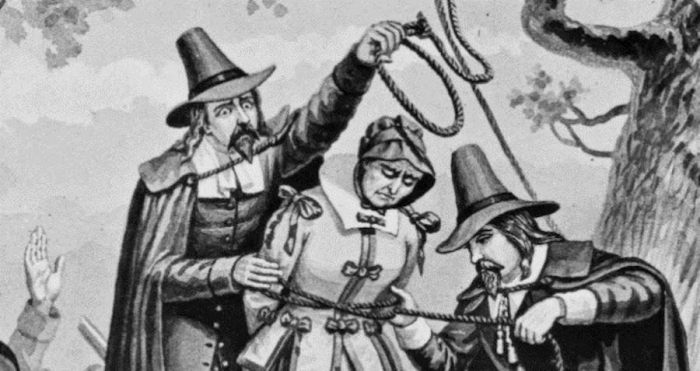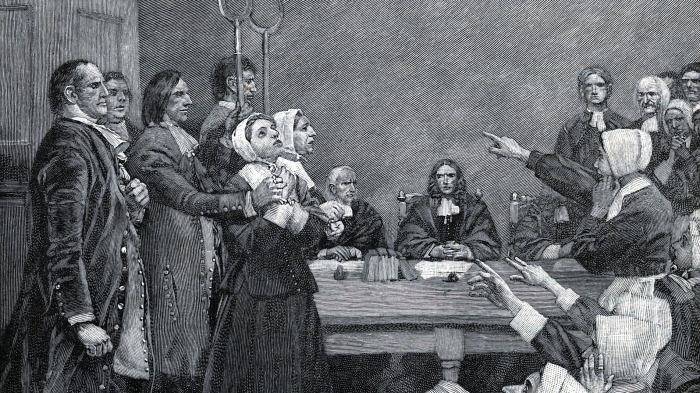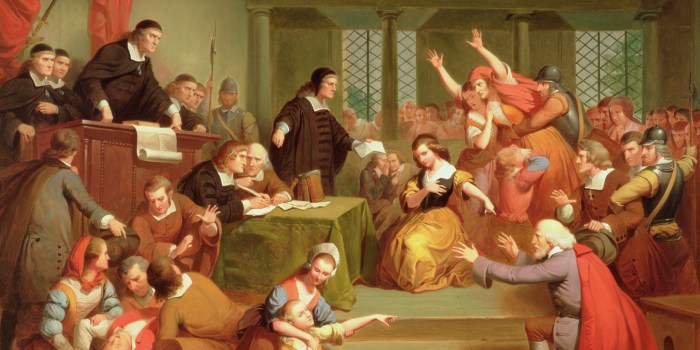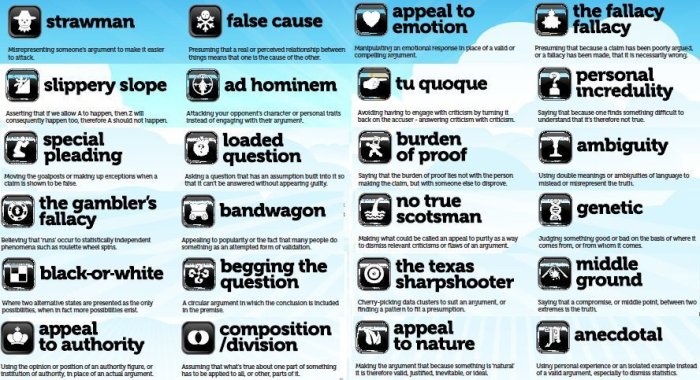Salem witch trials history channel video questions delve into the captivating and chilling events of the Salem Witch Trials, providing a comprehensive examination of the societal, religious, and cultural factors that fueled this dark chapter in American history.
Through a detailed historical account, key figures, and significant events, the video explores the accusations, trials, and social impact of the witch hunts, offering a profound understanding of the lessons learned and their relevance to modern society.
Historical Context of the Salem Witch Trials
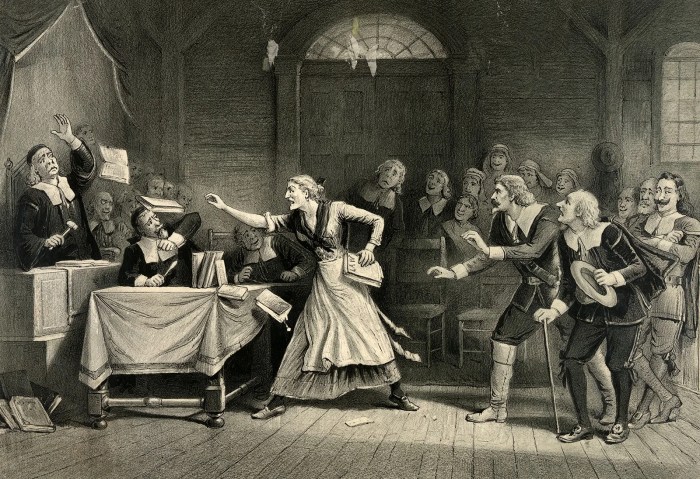
The Salem Witch Trials were a dark period in American history marked by mass hysteria, religious fervor, and the unjust persecution of innocent individuals. The trials took place in the late 17th century in the Puritan colony of Salem, Massachusetts, and resulted in the deaths of 20 innocent people.
The historical context of the trials is crucial for understanding the events that transpired. Salem was a deeply religious community where Puritan beliefs held sway. The Puritans believed in the literal existence of witches and the importance of maintaining a pure and holy society.
This religious fervor, combined with a series of social and economic stressors, created a fertile ground for the witch hunt that ensued.
Key Figures and Events
Several key figures and events played pivotal roles in the Salem Witch Trials. One of the most influential figures was Reverend Samuel Parris, the minister of Salem Village. Parris’s daughter, Abigail Williams, and his niece, Betty Parris, were among the first to accuse others of witchcraft.
Other notable figures include:
- Governor William Phips: The governor of Massachusetts who appointed a special court to prosecute the accused witches.
- Judge William Stoughton: The chief justice of the special court who presided over the trials and was known for his harsh and unyielding demeanor.
- Cotton Mather: A prominent Puritan minister who supported the witch hunts and wrote extensively about them.
Accusations and Trials, Salem witch trials history channel video questions
The accusations of witchcraft in Salem were often based on spectral evidence, which referred to the belief that the accused witches’ spirits could harm others. This type of evidence was highly subjective and unreliable, leading to the wrongful conviction of many innocent individuals.
The trials themselves were conducted in a highly charged and emotional atmosphere. The accused were often subjected to harsh interrogations and physical torture in an attempt to extract confessions. The trials were also characterized by a lack of due process and the denial of basic rights to the accused.
Social and Cultural Impact
The Salem Witch Trials had a profound impact on the Salem community and beyond. The trials divided the community and created a climate of fear and suspicion. The social fabric of Salem was torn apart as neighbors turned against neighbors, and families were torn apart.
The trials also had a lasting impact on American culture. They serve as a cautionary tale about the dangers of mass hysteria, religious extremism, and the importance of due process and the rule of law.
Lessons Learned and Legacy
The Salem Witch Trials continue to be studied and analyzed by historians, sociologists, and legal scholars. The trials have taught us valuable lessons about the importance of critical thinking, the dangers of prejudice, and the need to protect individual rights.
The legacy of the Salem Witch Trials extends beyond the borders of Salem. The trials have influenced modern understanding of justice and the dangers of mass hysteria. They have also served as a reminder of the importance of due process and the rule of law in any society.
FAQ Insights: Salem Witch Trials History Channel Video Questions
What were the key factors that contributed to the Salem Witch Trials?
Societal tensions, religious fervor, and political opportunism played significant roles in fueling the witch hunts.
How were accusations made and trials conducted during the Salem Witch Trials?
Accusations were often based on spectral evidence and hearsay, while trials were characterized by biased judges and limited due process.
What was the social impact of the Salem Witch Trials?
The trials divided the Salem community, fostered distrust and fear, and led to the execution of innocent individuals.
What lessons can be learned from the Salem Witch Trials?
The trials underscore the importance of critical thinking, tolerance, and the dangers of mass hysteria and unchecked authority.
